日光温室地下蓄热系统中蓄热管路系统的设计研究毕业论文
2020-05-22 21:11:39
摘 要
太阳能是一种分布较为广泛、使用起来比较方便、同时又可再生且清洁的一种能源。在全世界的范围内同时在我国的大部分地区都有着充足的太阳能资源,但同时我国在太阳能利用技术的发展上比较缓慢,尤其是在太阳能的温室利用这一方面远未达到市场化,地下蓄热系统更是鲜有实际工程,因此太阳能温室增温技术有着广阔的发展前景。
首先对日光温室地下系统的研究背景、研究意义以及国内外研究进展进行了介绍,在前人的基础上根据现有已知的温度等条件,着重于地下管路的研究,进行管路排布的能量损失计算,选出了最优的管路排布方法,同时再选用风机及验证其土壤蓄热量。运用保角变换法,确定地下土壤蓄热系统由埋在地下50cm深间距30cm的PVC管组成。白天太阳能集热器加热空气,并通过风机使空气流过管道与土壤换热,将热量传递给土壤,利用土壤热容量较大的特点存储热量;夜间,土壤热量缓慢上升至土壤表面,从而使土壤温度保持不变,当温室温度过低时,启动风机将冷空气吹入管路吸收土壤热量,从而使温室气温上升。本文假设三种地下传热模型,设定了保温层和防寒沟,运用控制变量法,以比较几种地下管路排布的能耗,从而得出最优的地下管路排布。
本文选取南京的平均气温为实验条件,采用空气为蓄热介质,通过计算出能量损失作为对比依据,得出以下结论。
1、温室的增温系统不仅可以有效地给温室增温。
2、并联式地下管路系统为能耗最低的排布方式。
3、编制了优化程序,简化分析过程。
4、埋管材料为PVC管价格低廉,且技术成熟,适合长期使用。
关键词:太阳能 温室 保角变换法 地下蓄热系统
ABSTRACT
Solar energy is a kind of widely distributed, convenient, renewable and clean energy.Abundant solar energy resources are abundant in the world and most parts of our country, But the development of solar energy utilization technology in our country is slow, especially in the use of solar greenhouse is far from the market., underground heat storage system is rarely practical engineering,therefore, the solar greenhouse warming technology has broad prospects for development.
Firstly, the research background of the underground system in solar greenhouse is studied.the research significance and the research progress at home and abroad are introduced.on the basis of the former research according to the known conditions such as temperature, focusing on research on underground pipeline, pipeline layout energy loss calculation, and selects the optimal pipeline arrangement method, and then choose fan and verify the soil heat storage. By using the conformal mapping method, the underground soil heat storage system was determined by the PVC pipe which is buried in the deep space of 50cm 30cm.Daytime solar energy collection heat exchanger is used for heating air, and through the fan the air flow through the pipe and soil heat, to heat transfer to the soil and the soil heat capacity larger storage character of heat; night, the soil heat slowly rising to the surface of the earth, so that soil temperature remained unchanged, when the greenhouse temperature is too low, start fan cold air is blown into the pipe to absorb soil heat, so that the greenhouse temperature rise.Three underground heat transfer model in this paper assumes, set the insulating layer and the cold proof ditch, using control variable method, to compare several underground pipeline arrangement of energy consumption, so as to get the best of underground pipeline arrangement.
Through the calculation of energy loss is found that greenhouse warming system can not only effectively to greenhouse warming, and the conclusion is drawn that the parallel type underground pipeline system for optimal arrangement.
Key Words: Solar; Greenhouse;Conformal transformation method;Underground heat storage system
目 录
摘要 I
ABSTRACT II
第一章 绪论 1
1.1 引言 1
1.2 研究背景 1
1.3 当前研究进展 2
1.3.1 国外研究成果 2
1.3.2 国内研究成果 4
1.4 埋管间距及埋管深度的问题 6
1.5 小结 9
第二章 地下蓄热系统设计 10
2.1 地下蓄热设计方向 10
2.2 地下蓄热部分设计思路 10
2.2.1 地下埋管蓄热系统的设计及其基本假设 11
2.2 土壤温度场 11
2.2.1 几何物理模型 11
2.3 结构参数设计 11
2.3.1 通风管道的设计 11
2.3.2 管道埋设形式 14
2.3.3 管道埋设深度及埋设间距 14
2.4 管道的能量损失分析 20
2.5 地下埋管蓄热系统的优化设计 26
2.5.1优化设计的依据条件 26
2.5.2优化设计方法 26
2.6 管径问题 28
2.6 风机的种类及选型 29
2.6.1 风机种类 29
2.6.2 风机的选用原则 30
2.6.3 风机的选型方法 31
2.7 小结 34
第三章 验证 34
3.1 土壤蓄热量 35
3.1.1 常规实验测定 35
3.1.2 理论分析 35
3.2 验证 39
3.3 结论 39
第四章 总结与展望 40
参考文献 42
附录 44
致谢 46
第一章 绪论
1.1 引言
众所周知,太阳能的温室地下蓄热系统它一般是把管路水平的埋设在地下,用水或者是空气作为蓄热系统的蓄热介质,然后用热泵或者是风机将蓄热介质流过管壁,使蓄热介质可以和蓄热体相互之间来传递热量,如果温室内温度较高,那就将多出来的热量传递给土壤储存起来,当温度较低的时候再从土壤里获取热量。
1.2 研究背景
人类生长的历程证实,能源,不光是使人类发展和进步的基础,也是人类千百年来赖以生存的保障。能源的进步与否,直接关系到人类社会是否进步,好比第一次工业革命,使得煤炭就成了人类发展最重要的能源,而石油成了第二次工业革命的主角。但是随之而来的是能源在发挥效能的同时,大量的能源被浪费掉了。同样对于现代农业,能源浪费也是一大难题。
同样作为农业生产的温室大棚,它的能源消耗中存在着巨大的浪费也成为了制约现代农业发展及产量的一个非常重要的因素。当今世界各国,都在不遗余力的建设设施农业,因为相对于传统的农业形式,设施农业在一定程度上可以抵御环境对于农业的影响。
相关图片展示:
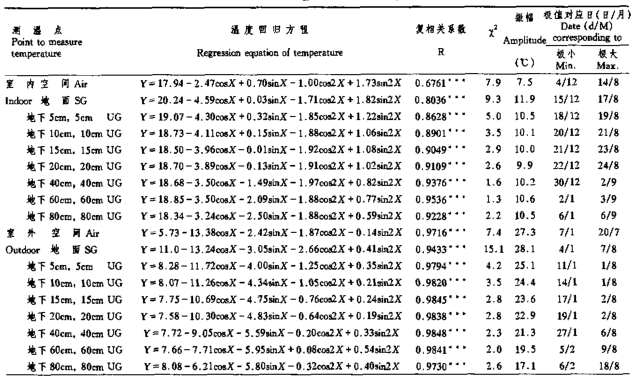
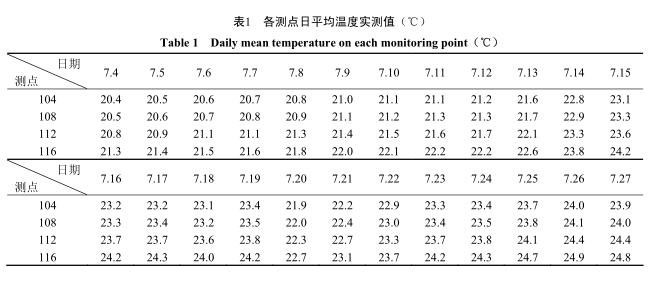

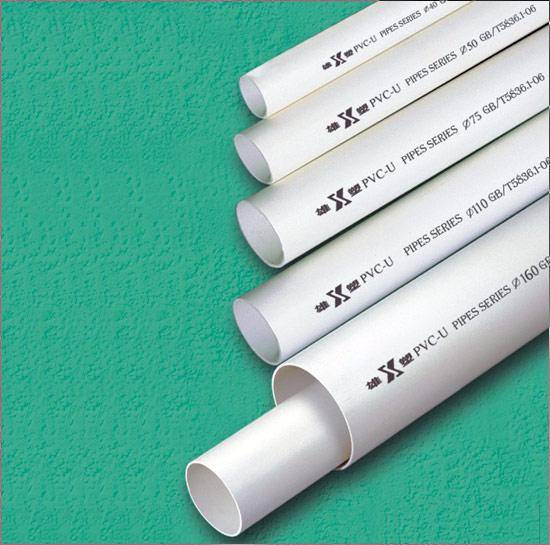
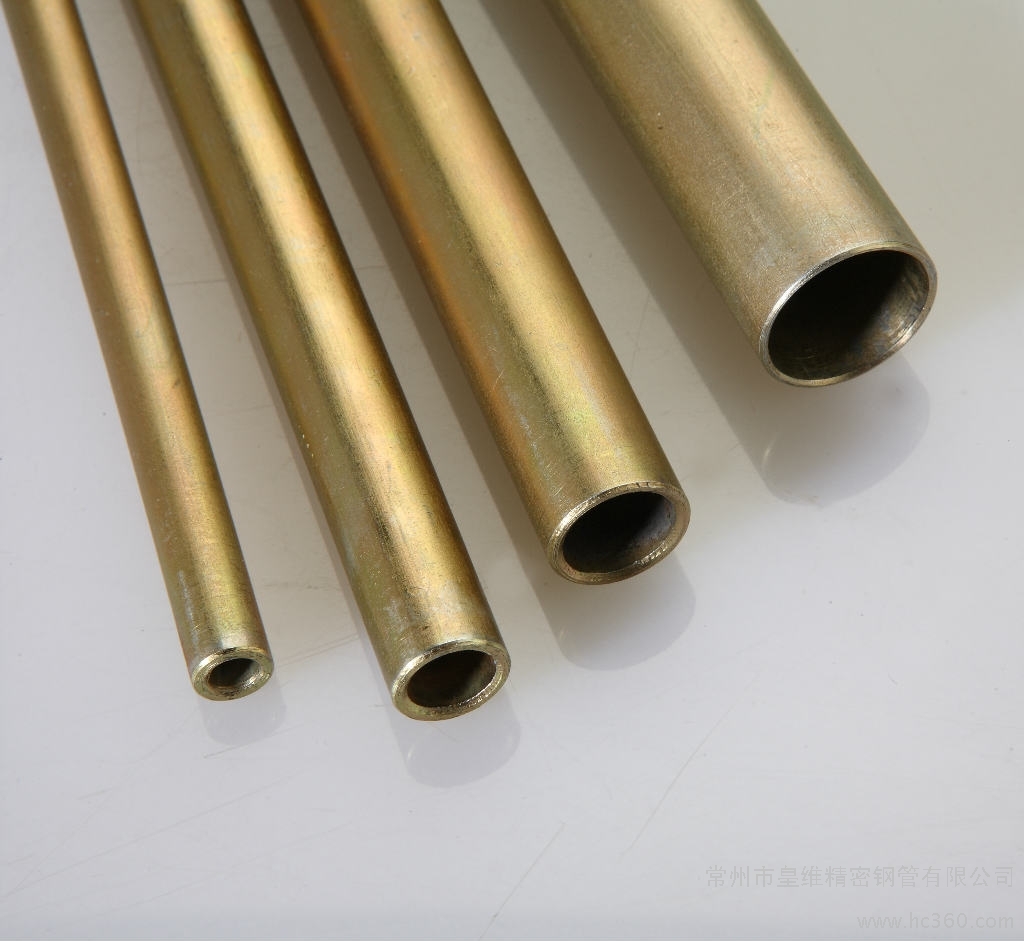
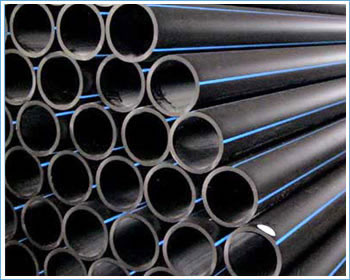
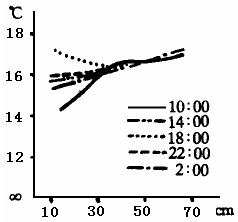
课题毕业论文、开题报告、任务书、外文翻译、程序设计、图纸设计等资料可联系客服协助查找。



